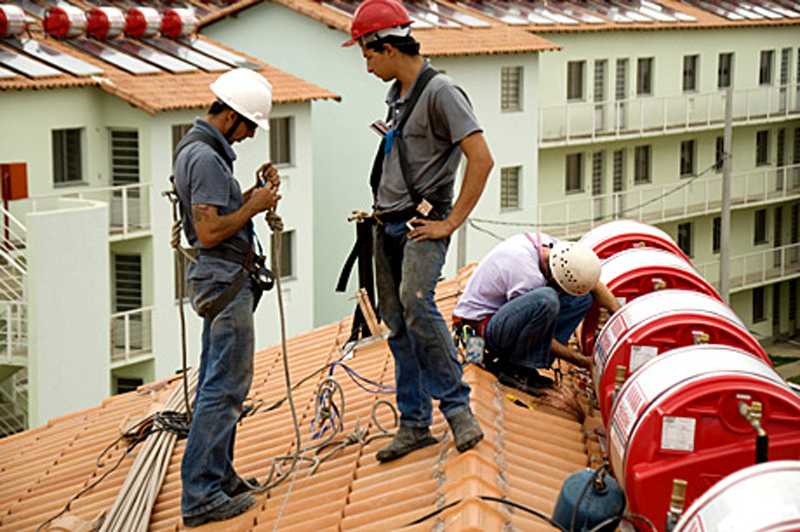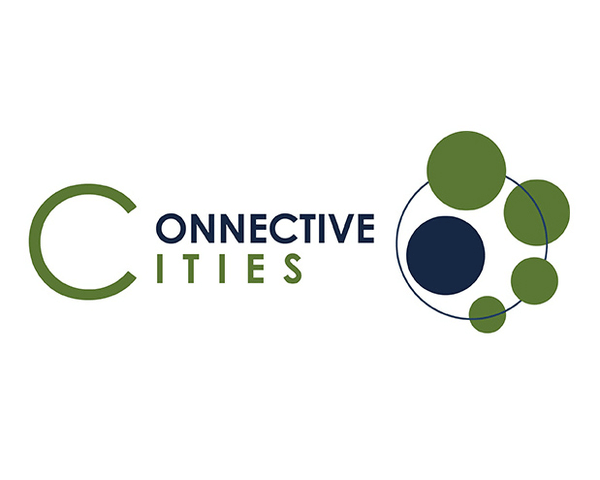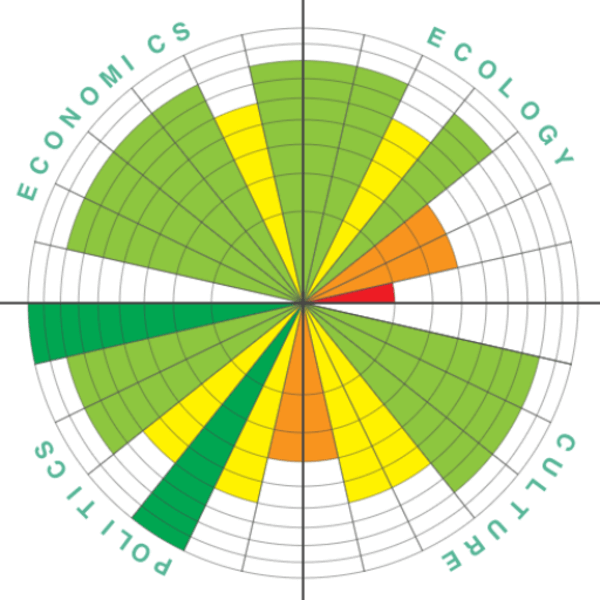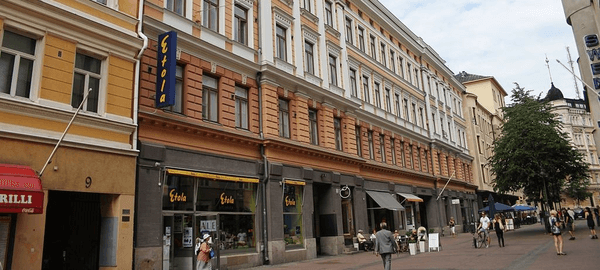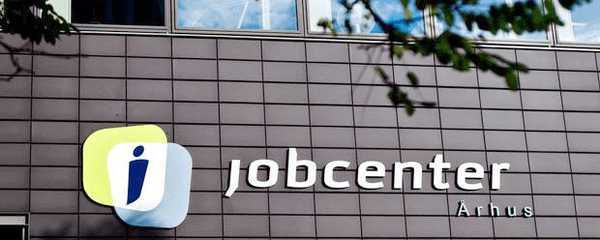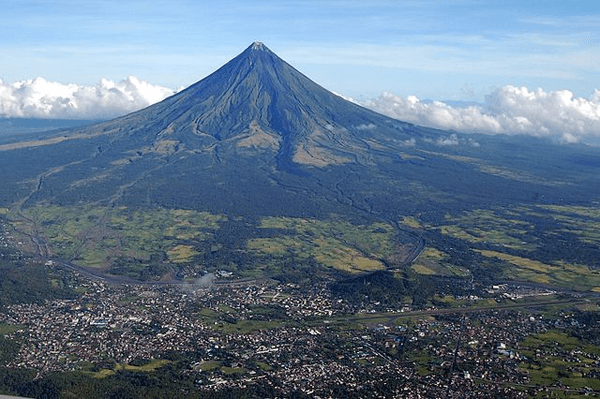City
Rio De Janeiro, Brazil
Size and population development
Rio de Janeiro is the second largest city in Brazil (after Sao Paulo) and has an expanding population due to rapid urbanization. According to the 2010 Census, there were 5,940,224 people residing in the city, with a population density of 5,377 per km2. The city covers a total area of 1,221km2, while the metropolitan region expands out to 4,539.8 km2 with an estimated 12 million residents. Rio de Janeiro is home to the largest Portuguese population outside of Lisbon in Portugal and Portuguese is the official language of the city.
Population composition
The 2010 census date recorded the population of Rio de Janeiro was 53.2% female and 46.8% male with 25% of the population under the age of 18. Ethnicity breakdown recorded was 3,239,888 white people (51.2%), 2,318,675 Pardo (multiracial) people (36.5%), 708,148 Black people (11.5%), 45,913 Asian people (0.7%), 5,981 Amerindian. Census data collected on religion showed 51.1% of the population identified as Catholic, 23.4% as Protestant, 13.6 as Irreligious, 5.9% as Spiritist, 1.3% as Umbana and Candomble and 0.3% as Jewish.
Main functions
Rio de Janeiro (Rio) is the capital of the State of Rio de Janeiro. The city is located on the Atlantic Ocean in the south-eastern part of the tropical zone of South America. Rio is home to many famous landmarks such as the statue of Christ the Redeemer on the Corcovado mountain. In 2012, part of the city was designated as a World Heritage Site (cultural landscape) named “Rio de Janeiro: Carioca Landscapes between the Mountain and the Sea” by UNESCO.
Main industries / business
Rio de Janeiro is the second largest industrial, service and financial centre in Brazil, Sao Paul being the largest. The city is headquarters to Brazilian oil, mining and telecommunications. Other large industries are chemicals, petroleum products, pharmaceuticals, metal products and textiles. Rio is Brazils top tourist attraction for both domestic and international tourists and tourism and entertainment are now key aspects of the city’s economy.
Political structure
The municipality of Rio de Janeiro is governed by a mayor (prefeito) with the assistance of secretaries who head administrative departments. Since 1984 the mayor has been popularly elected to a four-year term. The city comprises 1 Municipality (Prefeitura), 19 Sub-prefectures (subprefeituras) and 34 Administrative Regions.
Administrative structure
Legislative power is held by the members of the Municipal Chamber, who are simultaneously elected at large through a system of proportional representation
Website
http://www.rio.rj.gov.br/
